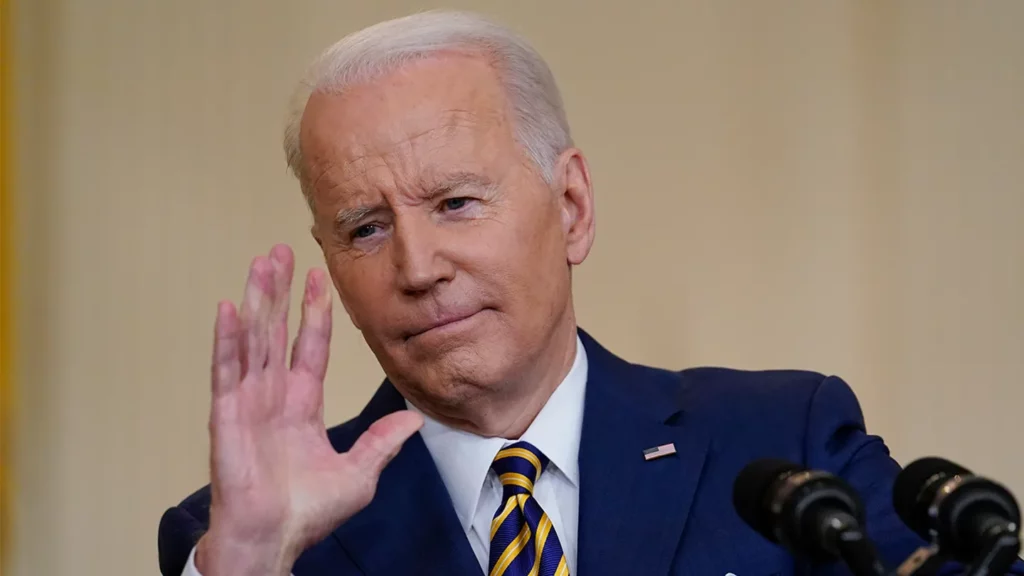
President Joe Biden’s comment at a White House reception for Black History Month has sparked controversy among Republican voters, with many criticizing the statement as “racist” and divisive.
The incident highlights the ongoing concerns over the promotion of anti-white sentiment by some on the left and in the media, as well as the controversy surrounding Critical Race Theory (CRT) in schools.
Takeaways:
- President Biden’s comment that “I may be a white boy, but I’m not stupid” has been widely criticized by Republican voters as “racist” and divisive.
- Many Republicans are concerned about the promotion of anti-white sentiment by some on the left and in the media, as well as the controversy surrounding Critical Race Theory (CRT) in schools.
- Republicans are calling for the president to issue a statement clarifying his intentions and reassuring the public that he is committed to representing all Americans, regardless of race or ethnicity.
- The incident highlights the ongoing political divide and the need for both sides to avoid comments or actions that could further exacerbate tensions and instead focus on finding common ground.
- The controversy over CRT in schools continues to be a hotly debated topic, with some Republicans calling for its banning while some Democrats argue that it’s important to learn about the nation’s true history, including its racial inequalities and injustices.
- The incident also underscores the need for more civil discourse and respectful communication between political parties, as well as the importance of understanding and respecting each other’s perspectives.
Commentary:
The recent controversy over President Biden’s comment at the White House reception for Black History Month highlights the deep political divide in the country and the need for both sides to approach issues with open-mindedness and respect.
While some may view the president’s comment as insensitive or inappropriate, it’s important to consider the context in which it was made and avoid jumping to conclusions or making hasty judgments.
At the same time, it’s also crucial to acknowledge the concerns of those who feel marginalized or excluded from mainstream narratives and to work towards building a more inclusive and equitable society for all.
This includes addressing the inequalities and injustices that have affected people of color throughout the nation’s history, as well as the current issues of race and representation in politics, media, and education.
As Republicans and Democrats continue to grapple with these complex issues, it’s important to remember that we are all Americans and share a common bond and responsibility to uphold the values of democracy, freedom, and justice for all.
By engaging in respectful and constructive dialogue and working towards common goals, we can build a brighter future for ourselves and future generations.
